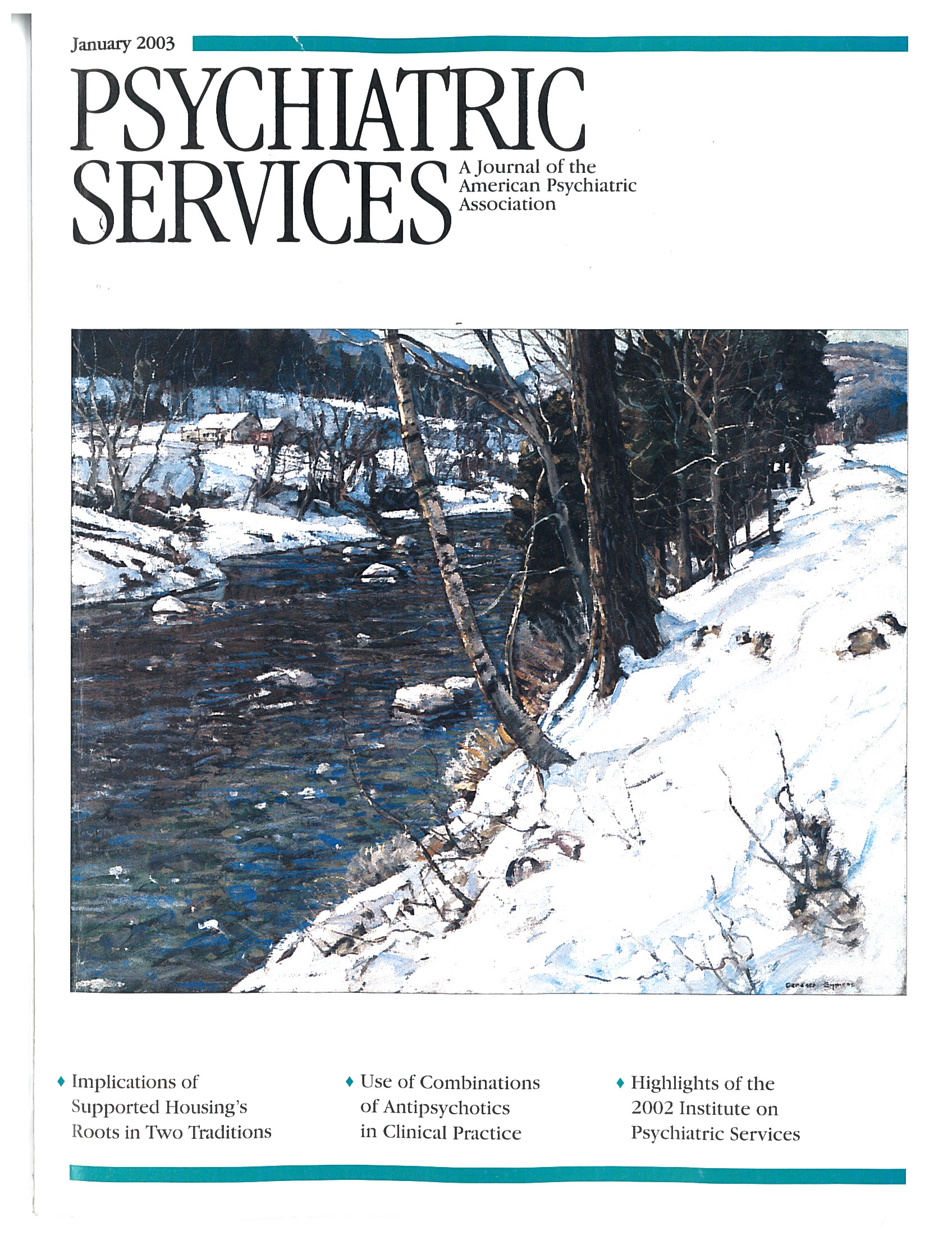Don't Call Me Nuts! Coping With the Stigma of Mental Illness
This is a book that many of us with mental illness have been waiting for. I hope that it is also a book that many professionals have been waiting for.
Stigma—or plain prejudice against those of us who have a mental illness, the people who work in the mental health care field, and the mental health system—is gigantic. We cannot get our services funded to the level of any other condition, such as heart disease and cancer, because of prejudice and stigma. But our mental health programs do work. The people who receive care succeed with their lives. Mental illness is still seen by many people as a social problem and not a health concern. Strangely, people with mental retardation or developmental disabilities have fared better—they have two or three more dollars per person for their care than the people in our mental health system. Why? Stigma.
Fear and shame about mental illness go back for centuries. It may be one of the oldest prejudices. Failure to fight stigma has left the mental health care system open to ridicule. Stigma-busting needs to be part of the training of all people who work in mental health.
Most people who work in mental health care are never taught that they will encounter so much stigma and prejudice. Most of us with mental illness know that prejudice and stigma exist but go through life afraid to say anything, hoping that someday people will quit making fun of us.
Don't Call Me Nuts! Coping With the Stigma of Mental Illness, by Patrick W. Corrigan and Robert K. Lundin, is not just a book for reading. It can also be used as a textbook for teaching prejudice reduction. I have used this book across the Commonwealth of Massachusetts to teach people with mental illness as well as caregivers that they do not have to accept ridicule.
In part 1 of the book, the authors discuss the experience of stigma from the perspective of both an individual person and the mentally ill as a group. They ask, "Who is the person with mental illness?" and discuss the language and past misunderstandings that have come from society's misconceptions about mental illness.
Part 2 is about individual strategies for dealing with stigma. The authors see people with mental illness as the real resource for combating stigma. Through the years, many of us with mental illness have been hidden away and were not allowed to discuss our mental illness. We were not educated about what a mental illness is. There seemed to be a catch- 22 construct: If we know that we are mentally ill, then we must not be.
Through our educational support groups in Massachusetts, we are finding out that many people know they have mental illness and are trying to understand their psychiatric condition. Taking away the shame of mental illness leaves a person able to talk with more clarity about his or her experience. Corrigan and Lundin put the emphasis on the individual's learning and talking about mental illness. Individuals can open the door of understanding, acknowledgment, and recognition. People can then begin to tell their story fully, and we can have a better understanding of the range of experience with mental illness.
Part 3 of the book deals with how to foster real personal empowerment. In some circles, empowerment of the mentally ill has come to mean telling people off and becoming angry with the helping system. Corrigan and Lundin describe a way to gain empowerment through strengthening the person, not tearing down the system. They offer not a cure but the idea that people can be strengthened and developed. For them, empowerment means being part of the mental health system and having a valued voice.
Part 4 of the book deals with how to change society's reaction to mental illness. Research has shown that the most effective way of changing stigma is through personal contact and that antistigma campaigns are not as effective. Corrigan and Lundin say that this social change will come from the trained and developed person with mental illness who is in contact with society, not from a billboard.
Mental health is at the beginning of a new era. Mental illness is being seen as a medical condition like any other condition. The idea that the family or the individual is to blame for mental illness is slowly fading. We are at the stage where people with mental illness can get the same kind of respect, care, and services as other people who have a disability. Training the people who receive care and the people who work in the mental health system about what prejudice is and how to cope with the stigma of mental illness is important. All across our mental health system, we should have staff training about how to reduce prejudice and stigma. Don't Call Me Nuts! should be the textbook for such training.
Mr. Armstrong is director of the Peer Educators Project at Vinfen Corporation in Worcester, Massachusetts.



